Trek programmes
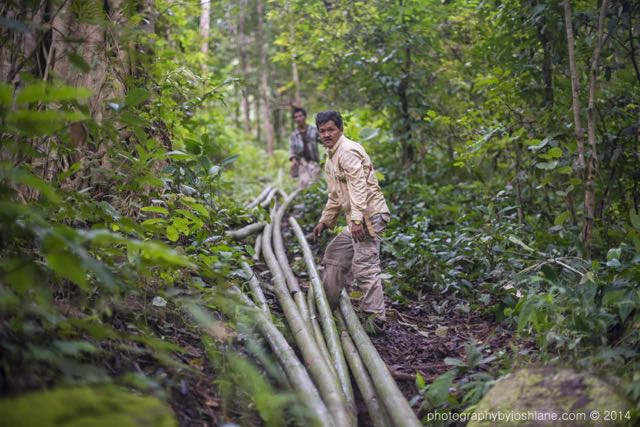
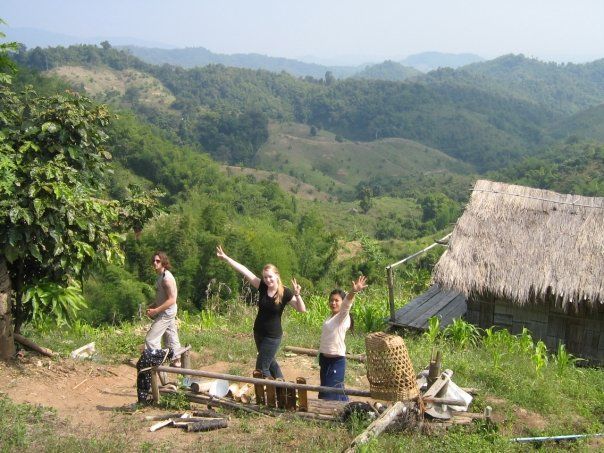
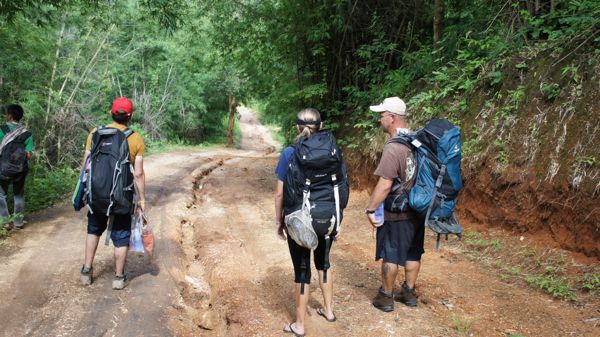
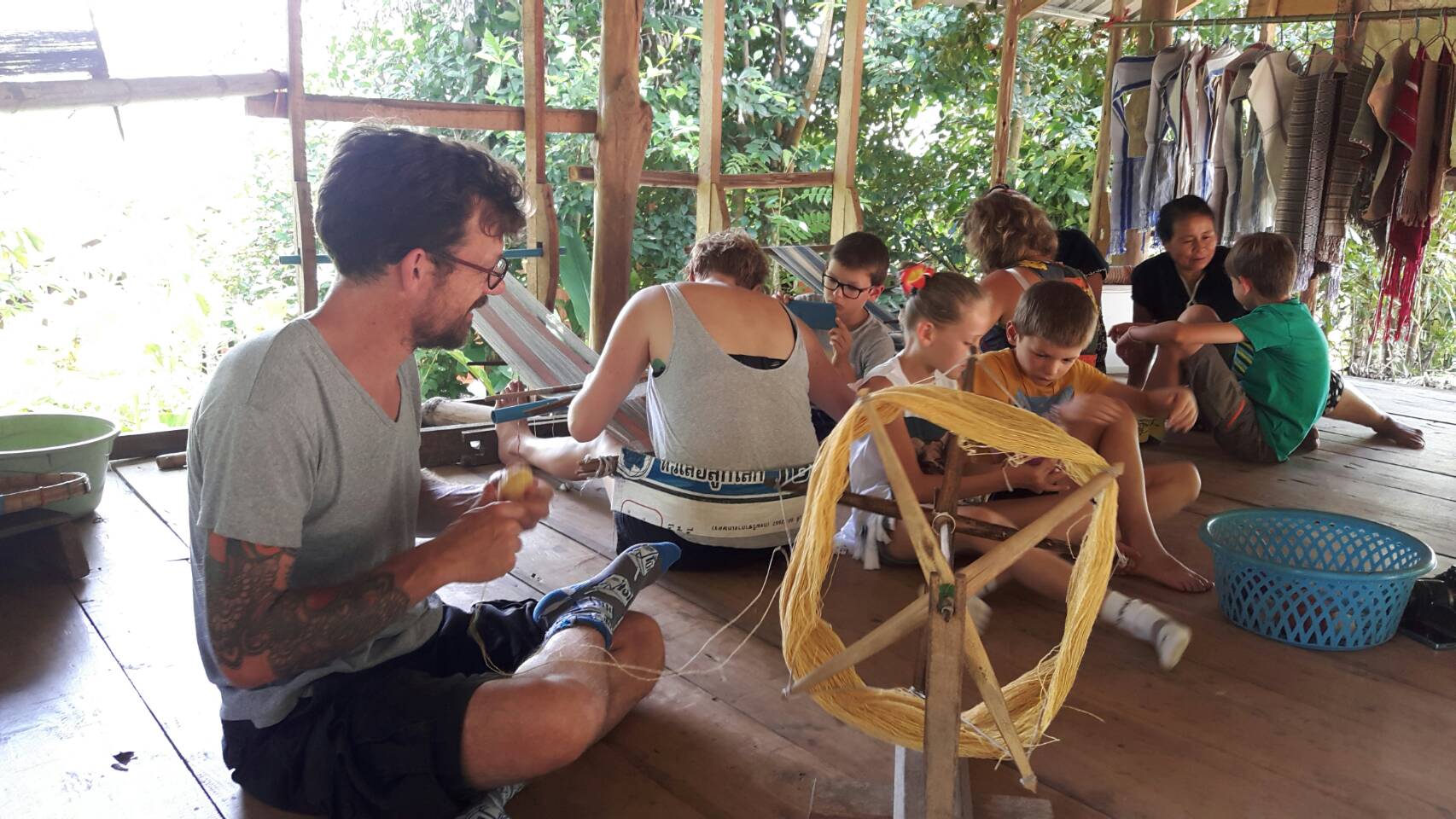
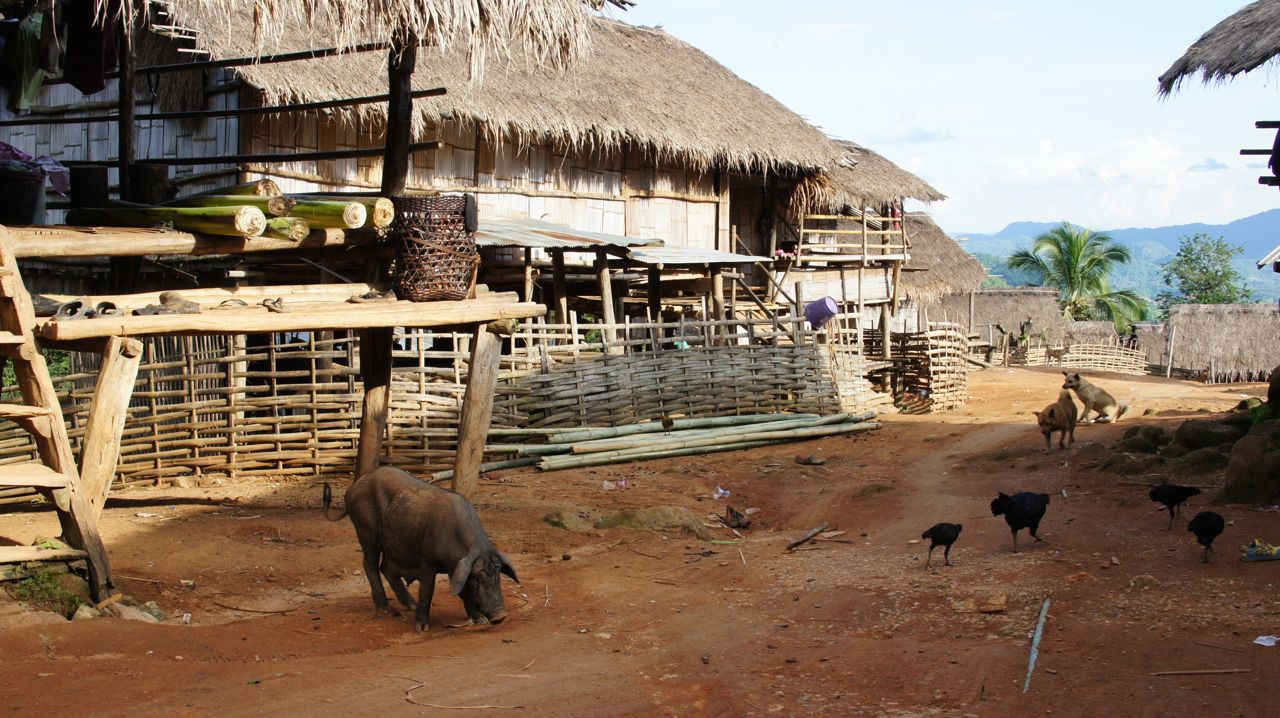
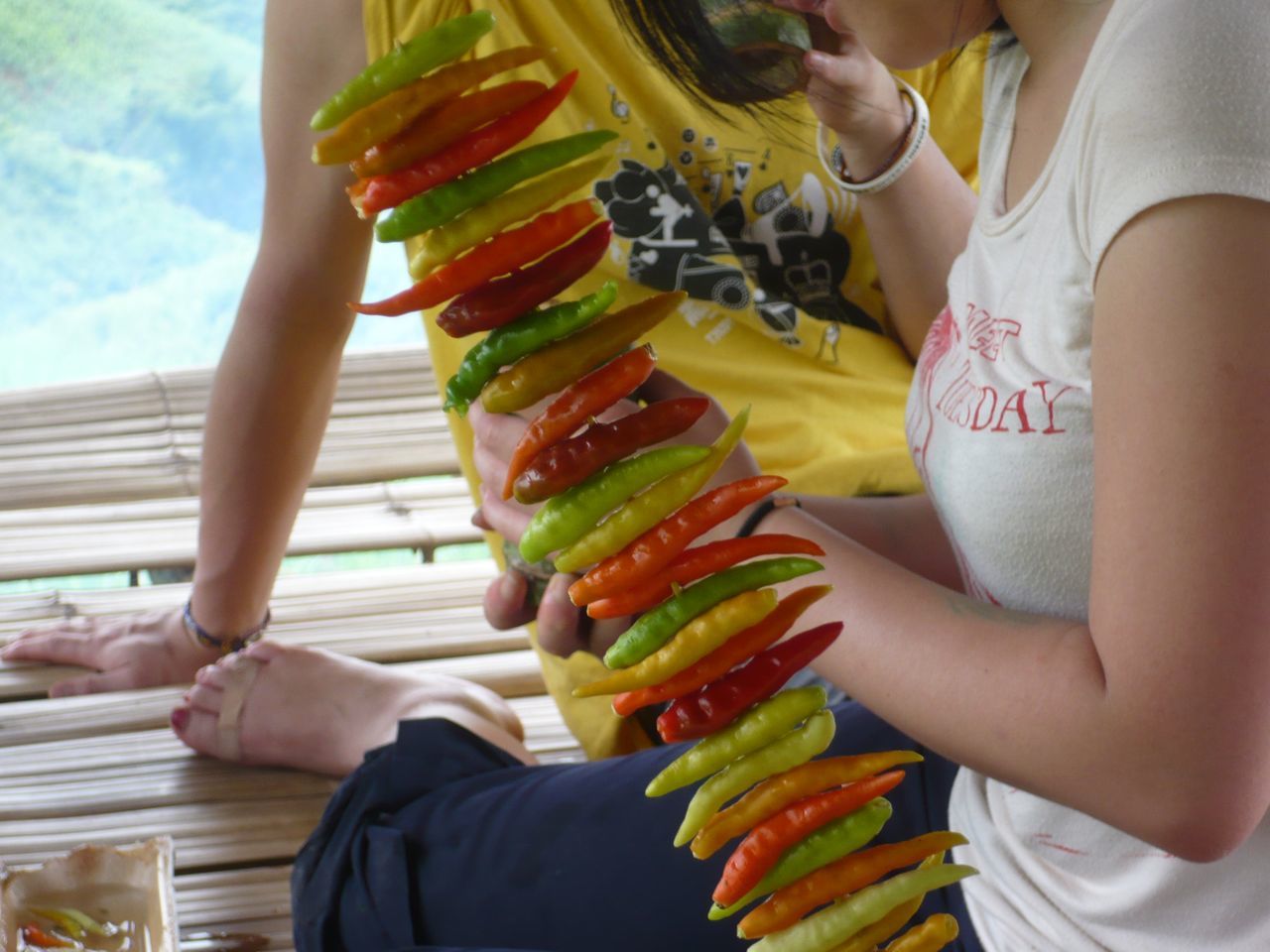
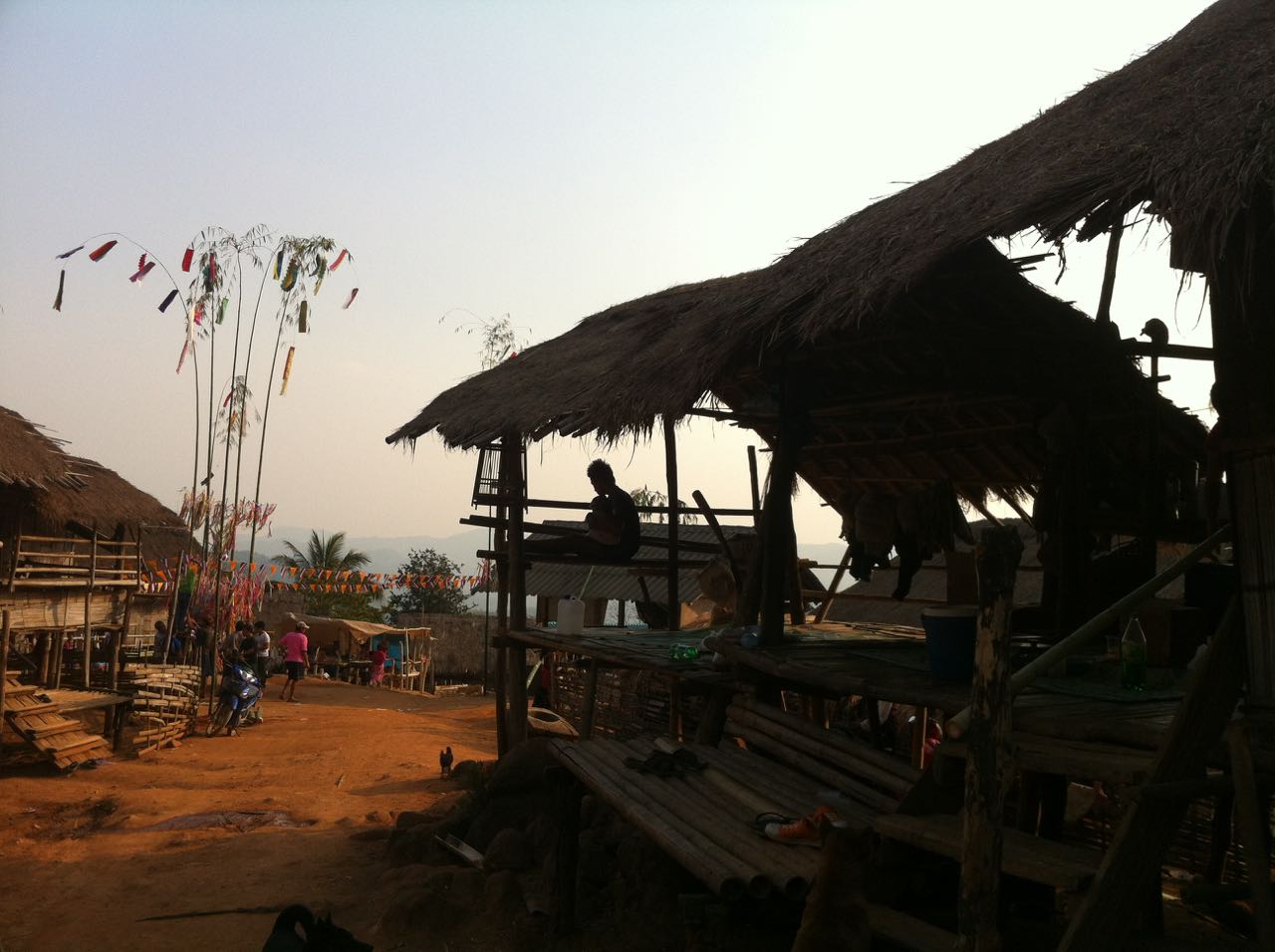
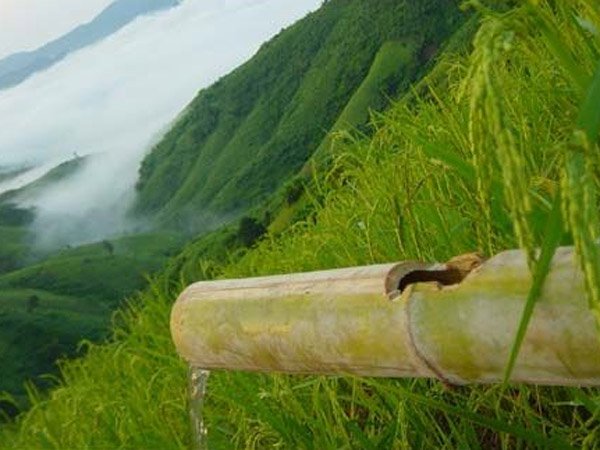








There are a number of necessary items to bring when you join one of our overnight programmes, so please continue reading to checklist them before you set off.
*Malaria is not an issue in this region, but there are cases of Dengue Fever from time to time. We recommend using insect repellent, and top up regularly. A mosquito net is provided at your homestay.
You don't need much when you join our one trek day programmes, but continue reading to checklist the items which will make your experience more comfortable.
Recommendations
*Malaria is not an issue in this region, but there are cases of Dengue Fever from time to time. We recommend using insect repellent, and top up throughout the day.
When you join one of our overnight programmes, you need to consider the cultures of the homestay villages as well as the weather and terrain. Please continue reading to make sure you are prepared before you set off.
Dress for comfort and practicality when you join our one trek day programmes - continue reading to checklist the items which will enhance your experience.
Northern Thailand is very conservative (small 'c'), very traditional, and the locals love a gossip. We recommend certain types of clothing for practical purposes when you book a tour with us, but we also advise dressing in a manner that is respectful of the local cultures, religions, and sites being visited. Continue reading to discover why clothing is an important part of preparation for our tours.
Cultureshock can be felt by those who have never experienced conditions found in the local villages. Please be aware that you will be staying in a family home - our homestays are based with a family with children, or a married couple. Please respect their home, their beliefs, and their culture.
We have set standards for our homestays, covering cleanliness, accommodation, and food... but, these are real homes in traditional communities - not model homes, guesthouses or hotels. Facilities are basic: squat toilets, cold showers, rudimentary electric power (no power at all in some villages), thin mattresses.
Food, language, and lifestyle, as well as etiquette can all be sources of cultureshock. We do our best to prepare our guests with information and photographs, and our guides are very helpful too. However, guests should research independently to understand what the experience is likely to entail.
Although we now only offer trekking tours, to focus on the local communities, it is still good to know about the wider Thai culture and how not to offend in terms of what you wear. Below covers the general dress code and why it is more conservative than in western society.
Life in the north of Thailand is largely traditional, conservative, and rural. Our dress code is designed to cause minimal offence to locals, and also so that our guests don't feel self-conscious or embarrassed during the day. Thais and hilltribe villagers are unlikely to mention anything directly, but there can be plenty of discussion if a guest is dressed in a manner which goes against the social convention.
Some programmes include visiting local temples, and it is important not to offend the Buddhist religion or culture. Dressing politely is as important as behaving respectfully. Some temples enforce these standards - the White Temple employs staff to hand out shawls and sarongs to wear if they consider a visitor inappropriately dressed, but many temples do not have the capacity to do this. Self-awareness and respect for the culture is very important here, much more so than in western countries.
There are a number of practical reasons too. Nature and the elements can make the trip awkward, and sometimes painful, if inappropriate attire is worn. Along the trails, at certain times of the year, grass with tiny thorns can irritate your legs and feet; the sun can beat down and burn the skin in a very short space of time; it can also cause dehydration and sunstroke if a hat is not worn.
We recommend certain clothing because we have years of experience running tours, and native knowledge of the cultures and taboos in this region.
If you have any questions, please don't hesitate to ask us.
Although our trekking routes are quite moderate, you should be relatively fit. It is very difficult to assess a trek's degree of difficulty, because we don't know your level of fitness.
We had a 73-year old grandad trek one of our 2 night programmes, without incident. We have had a number of groups with pre-teen children do the same. But we have also had 20-somethings go no further than the first hill, before they turned back.
So, for us, it is hard to be sure in advance whether a programme is suitable for the group. It's also difficult for you to know how tough or easy a trek will be - conditions play an important part, and the humidity or heat can be a surprise to some guests.
Our guides are trained to assess the group's capabilities, and change the route if necessary. The guide will also change the route if the weather demands it, or if the group ask for an easier/harder/shorter/longer route. We are flexible, understanding, and resourceful.
Aside from individual fitness, the weather is an important factor - hot season (March-April) can reach temperatures from 30C+, up to mid-40s. Humidity can be an issue for some. Rainy season officially runs from July-October, although there are occasional electrical storms and high winds in April, and the rains don't generally completely finish before November. Winter (November-February) is considered to be the most suitable for trekking, with cooler weather and no rain. It also has the clearest sky, which affords the best views when climbing high into the hills.
Please note, once the trek begins, we do not offer refunds, as we still have to pay the guide and (if an overnight programme) the homestay families.
In order to avoid late cancellations, or 'no shows', we implemented a deposit payment requirement a few years ago. It has cut our cancellations (and therefore incurred expenses) from 40% of bookings, down to less than 1%.
View deposit details on programme booking page
Please note that this deposit is non-refundable
n.b. When the Paypal webpage opens, the language may be Thai. If so, you can change to English. Look at the image below to see where to click (sometimes the page will look different, but there is always a link to change the language):
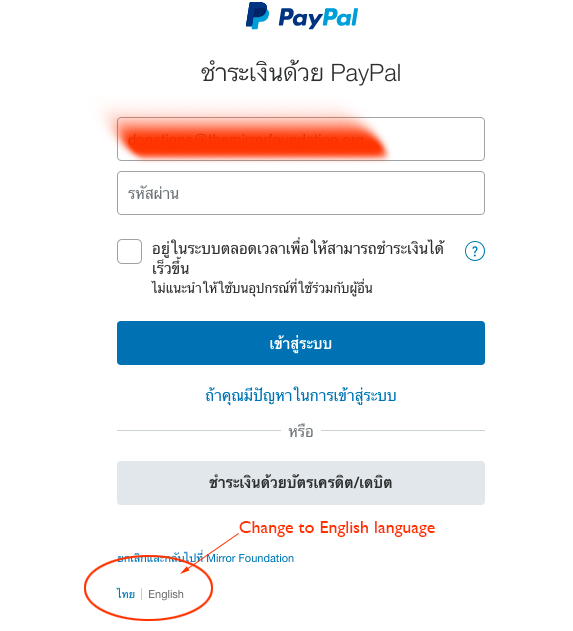
Balance of payment must be paid in cash (Thai Baht) on the day the programme begins, before we commence the tour, so please make sure you have your payment in cash before we collect you.
The fees cover the costs of transportation, meals, guide, homestay accommodation (where applicable), entrance fees, water, and anything else specifically mentioned in the programme. We also absorb the cost for providing emergency medical insurance cover. Remaining funds are largely fed back into the business to improve our programmes, develop our craft workshops, pay for marketing and merchandise, and cover maintenance fees.
Our basic fees are unchanged since 2016
Our fees reduce, based on the number of people in a group. We have certain fixed costs - whether two people or 10 people are in the group - such as transportation, where we still have to use a car and driver no matter how many people join. Most of our tours have a minimum group number of two people, and all have a maximum of 10.
Use the booking form on each programme page to check the cost for the number of people in your group.
The deposit is non-refundable. The remaining balance is non-refundable once a programme has started - the programme is considered to have started from the point of pickup. We will consider partial refunds in the event that we have made a mistake, but not for circumstances beyond reasonable control. We reserve the right to alter or cancel a booking without prior warning, and will determine the possibility of a refund case-by-case.
There is no penalty for cancelling a booking, except forfeiting the deposit payment (which is non-refundable). We reserve the right to alter or cancel a booking without prior warning if we consider it necessary.
As long as we are given enough warning (at least 24 hours), we can usually alter dates and itineraries. So, if your circumstances change, please contact us to update the situation, and we can let you know what the options are.
Change of date doesn't usually incur a fee, unless it occurs on the tour start date - this would forfeit the deposit, and a new deposit must be paid. A programme change may alter the price (+/-) we charge depending on what is altered.
Any problems, or questions, please get in touch - we are here to help.
For overnight treks, we are legally bound to send the passport information of all guests to the Thai Immigration Department. Therefore, an overnight programme cannot begin until we have received this information from all group members.
We require the full name and passport number of each member of the tour. These details are entered when you book the programme.
Our public liability insurance coverage requires that we send the company the passport number and full name of everyone in the group.
We don't need photocopies, or even to see the original passport - just put the nationality, passport number and full name of each participant into our online form.
If you have any concerns, please email us to discuss the issue.
We pick you up, and drop you off, anywhere inside Chiang Rai city, for free. This includes the new bus station (#2) and the airport, which are both located slightly outside town.
However, for other locations outside the city, we may charge an extra fee to cover costs. Please enter your accommodation name when booking and we can let you know if any extra fees will be charged.
Accommodation located outside town can also impact on the pickup and drop off times, or reduce the amount of time on the trek.
We no longer arrange pickups from Chiang Mai
To avoid extra charges, and early pickups, we strongly recommend staying in Chiang Rai city the night before your programme begins.
Our guides were trained by us, and each holds a TAT guide licence (Tourism Authority of Thailand). We also taught them English (one speaks Japanese too), which helps them to converse with the guests during the trip. But please understand that the standard of language varies - English will be at least their 3rd language, after their tribal and Thai language.
The guides were born and raised in the villages in our programmes, so you can be sure that the information you receive from them about local culture and tradition is authentic - many travel agencies and tour operators use Thai guides who have no firsthand knowledge of the hilltribe communities. Our guides are encouraged, once they have experience and self-confidence, to work for themselves or other agencies, whilst still freelancing for us.
We collect groups with our pickup truck, which has a roof and seating in the back for passengers and luggage. The vehicle can also carry four people in the front, excluding the driver.
In an effort to reduce environmental impact, and focus on trekking in the local area, we no longer offer car tours or other sightseeing tours
Cultureshock can be felt by those who have never experienced conditions found in the local villages. Please be aware that you will be staying in a family home - our homestays are based with a family with children, or a married couple. Please respect their home, their beliefs, and their culture.
We have set standards for our homestays, covering cleanliness, accommodation, and food... but, these are real homes in traditional communities - not model homes, guesthouses or hotels. Facilities are basic: squat toilets, cold showers, rudimentary electric power (no power at all in some villages), thin mattresses.
Food, language, and lifestyle, as well as etiquette can all be sources of cultureshock. We do our best to prepare our guests with information and photographs, and our guides are very helpful too. However, guests should research independently to understand what the experience is likely to entail.
If you are western, and this is your first trip for a hilltribe homestay (or even just to Thailand), you may experience cultureshock - there are many cultural differences to adapt to - food, dress code, manners and respect, are just a few topics which foreigners can trip up on.
Generally, if a visitor is trying to do the right thing, then the locals appreciate it - so, don't worry too much if you get something wrong.
There are a few more points which will help your trip run more smoothly.